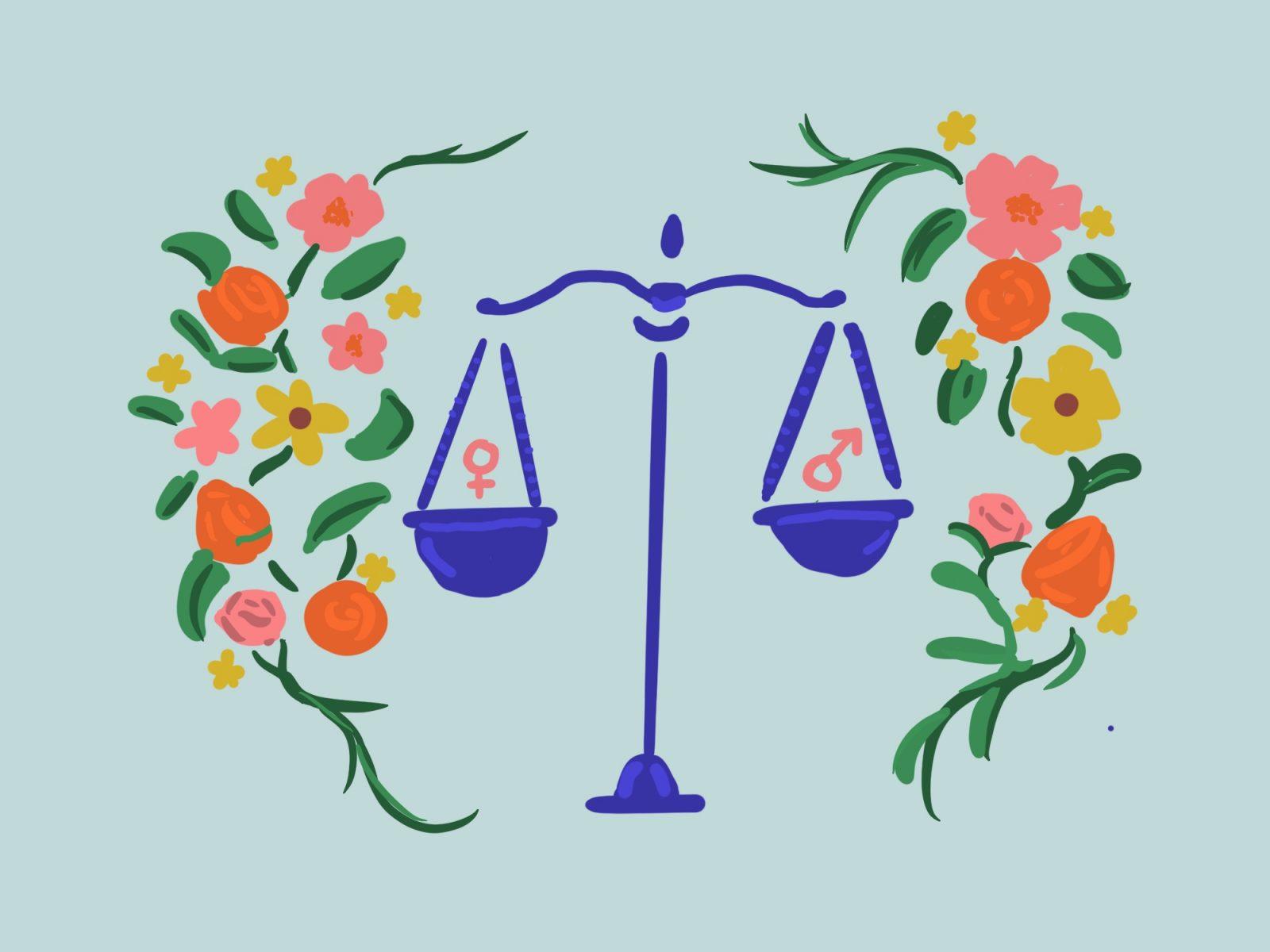Op-Eds do not reflect the editorial opinion of The Daily Free Press. They are solely the opinion of the author(s).
By Marco De Laforcade, Christopher Lyons, Moriah Mikhail, Minho Shin and Maddie Stewart
The writers are undergraduate and medical students at Boston University and members of the Boston University Coalition for Decarceration.
The coronavirus has disproportionately affected certain communities in America, but we have failed to consider those communities when discussing the battle against COVID-19. While prisons remain the neglected epicenter of this crisis, efforts that do not consider the health of incarcerated people are unproductive and neglectful.
Reopening Massachusetts has been a central focus for Gov. Charlie Baker, who formed a Reopening Advisory Board April 28. The board, however, failed to acknowledge the health and safety of incarcerated people in their report; there is no mention of jails, prisons or incarcerated people.
At the same time, state legislators have introduced a $150 million bill for maintaining infrastructure. Considering that at least 380 coronavirus cases and eight deaths have been reported among Massachusetts prisoners, constructing new facilities should not be a priority.
Conversations on reopening the state cannot be held without considering the health of incarcerated people and prioritizing efforts to decarcerate them.
Individuals in correctional facilities are guaranteed a constitutional right to adequate medical care under the Eighth Amendment. On May 26, the U.S. Supreme Court ruled in favor of a lower judge’s order to release more than 800 older, medically-vulnerable inmates from Elkton Federal Correctional Institution in Ohio.
The reality is that being incarcerated in overcrowded confinement during the current pandemic is cruel and unusual punishment.
In a pandemic, social distancing is the best measure for preventing the spread of COVID-19. In Massachusetts, 72 percent of incarcerated individuals sleep within six feet of each other, making it nearly impossible to socially distance. Prisons and jails in Massachusetts fail to uphold the Eighth Amendment by not providing adequate means for individuals to socially distance, which comes at the increased risk of exposure to COVID-19.
It is clear that there is only one real option to stifle the rapid spread of the virus in these institutions — they must decarcerate.
The decongestion of prisons is vital to protecting the health of both inmates and the community at large. Incarcerated individuals need to be released into spaces that will allow them to self-isolate, while still providing them with the re-entry, mental health and substance use treatment services that will aid their transition back into the community.
Boston University is currently in a unique position to provide assistance to begin decarceration during this transition. Not only does the University have the financial means to provide this assistance, but it also has an obligation to serve those who are disproportionately at risk of COVID-19 in the Greater Boston area.
As a private, nonprofit institution, BU is exempt from state and federal income tax as well as other types of property and state taxes. While the City of Boston’s Payment In Lieu of Tax program traditionally serves as the University’s way to “pay it forward,” it is undeniable that one of the most needed community programs right now is assistance to people released from incarceration.
BU’s obligation to people in the carceral system also extends to those receiving education from the University while incarcerated. This past academic year, BU’s Prison Education Program enrolled 90 incarcerated students across its Bachelor’s degree and certificate programs. While much thought is rightly given to the health and safety of BU students, this standard should also be met for those facing increasingly dangerous conditions in prison.
One notable way in which BU has the ability to fight the issues prisoners are facing is by opening up currently vacated housing spaces on campus.
Currently, people are being held in correctional facilities in Massachusetts because they do not have a stable housing plan for release or a place to quarantine themselves before returning home to their families. Yet, our dorms are sitting empty on campus as in-person summer courses and activities are suspended.
The University must mobilize these empty dorms, working in partnership with the state, to decongest prisons and provide temporary housing for those who recently re-entered the outside community.
The current crisis has affected different parts of our community in different ways. Therefore, an appropriate response must include direct action by BU to protect our incarcerated communities by aiding them during the battle against COVID-19.





















































































































